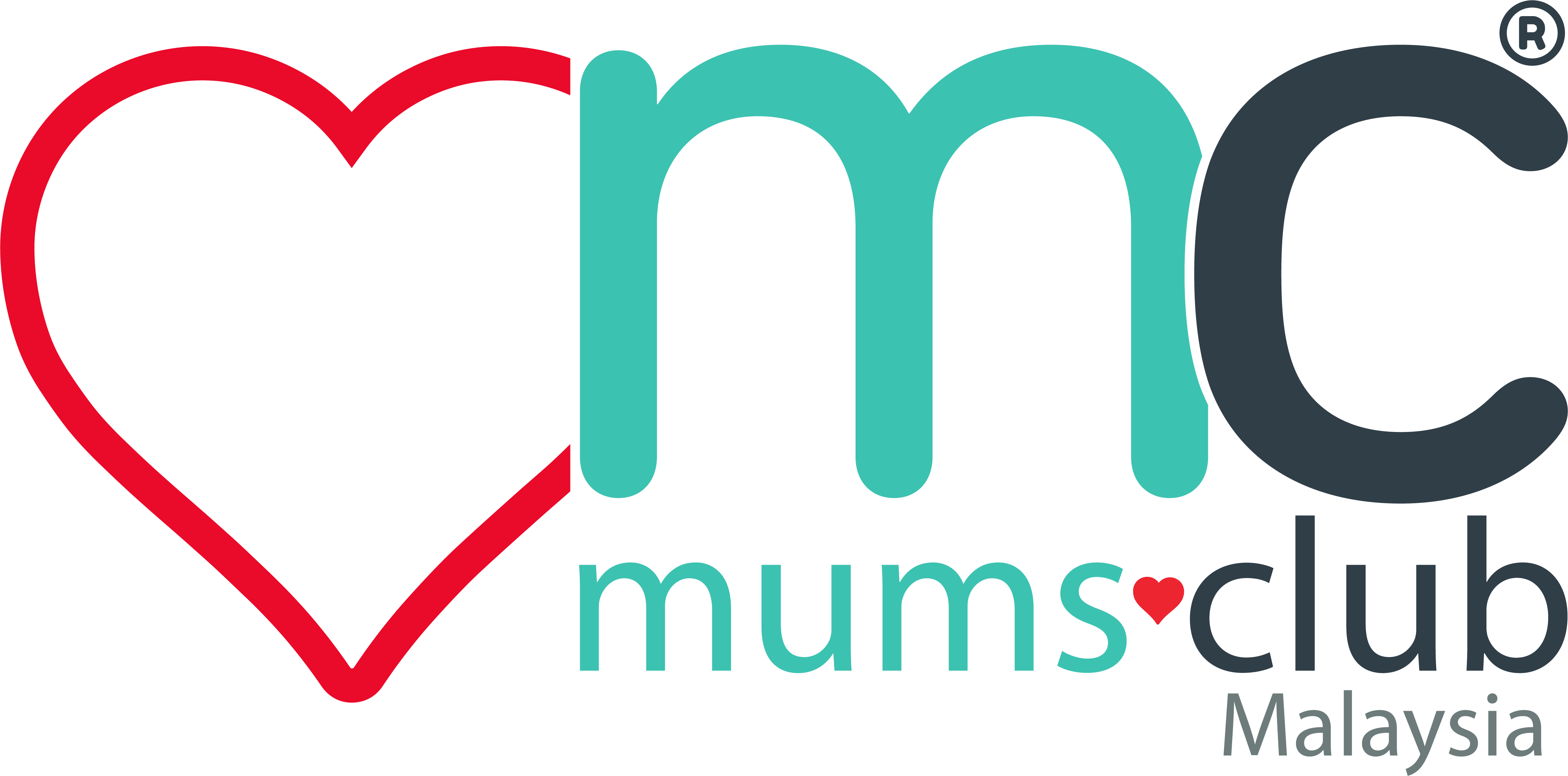
WE’ve all heard of breastfeeding but have you stopped to wonder what the benefits are? Well, there are countless of benefits, so let’s focus on the key ones.
How Breast Milk is Made
First things first, the main component of breastfeeding is breast milk. But do you know how it is made?

Breast milk is produced in the glandular tissue (alveoli) of the breasts. The smooth muscle tissue around each tiny milk-producing cell contracts when hormones are released. Letdown occurs when these contractions propel milk down the milk ducts to the openings in the nipple, and is triggered by your baby’s cry and touch, nipple stimulation, and sucking. During a feeding, you’ll have several letdowns, but during the first letdown you may notice a tingling or throbbing sensation in your breasts. This is totally normal and is caused by the milk ducts dilating as your milk flows. Since milk production operates on a supply-demand basis, frequent breastfeeding will stimulate milk production and keep your supply up.
Health Benefits of Breastfeeding
Now that we know how breast milk is made, let’s take a look at the health benefits to your baby. Breast milk protects baby against gastrointestinal disorders such as diarrhoea and jaundice – yellowing of the skin or eyes caused by excess bilirubin in the blood. This is because the first feedings contain colostrum, which delivers high concentration of antibodies while the laxative effect of colostrum gently clears baby’s intestine, decreasing the chance of jaundice.
Early initiation of breastfeeding, within 1 hour of birth, protects the newborn from acquiring infections and reduces newborn mortality.
World Health Organization
Along with antibodies, the colostrum also contains enzymes and white blood cells that protects baby from viral, bacterial, and parasitic infections and illnesses.

Breast milk also encourages growth of probiotics and good bacteria in the digestive tract, thus, increasing the effectiveness of baby’s immune system including protection against food allergies and eczema early in life.
Apart from that, breast milk is an important source of energy and nutrient for baby’s healthy growth, which may help to lower the risk of obesity and diabetes later in life.
Under-nutrition is associated with 45% of child deaths.
World Health Organization
During breastfeed, the sucking action of your baby strengthens oral muscles, facial bones, and supports good dental development. In addition, studies show that breastfeeding supports brain growth and development of infants. A study conducted by researchers at Brown University in the U.S. found that breastfeeding can increase a baby’s brain growth by 20-30%.
In Summary
The benefits of breastfeeding are immense and is the perfect gift for your baby in so many ways:
- Helps the baby’s immune system mature
- Reduces gastrointestinal illness in infants
- Reduces respiratory illness
- Protects against chronic diseases, such as celiac disease, inflammatory bowel disease, asthma, and childhood cancers
- Delays the onset of hereditary allergic disease and lowers the risk of developing allergic disease
- Lowers the risk of sudden infant death syndrome or SIDS
- Improves a baby’s neural development
- Lowers the risk of developing teeth misalignment and other dental issues
- Lowers the risk/delays early onset of obesity and diabetes
“Breastfeeding is empowering. It’s an accomplishment that takes dedication I didn’t realized I possessed!”
Amy C.

